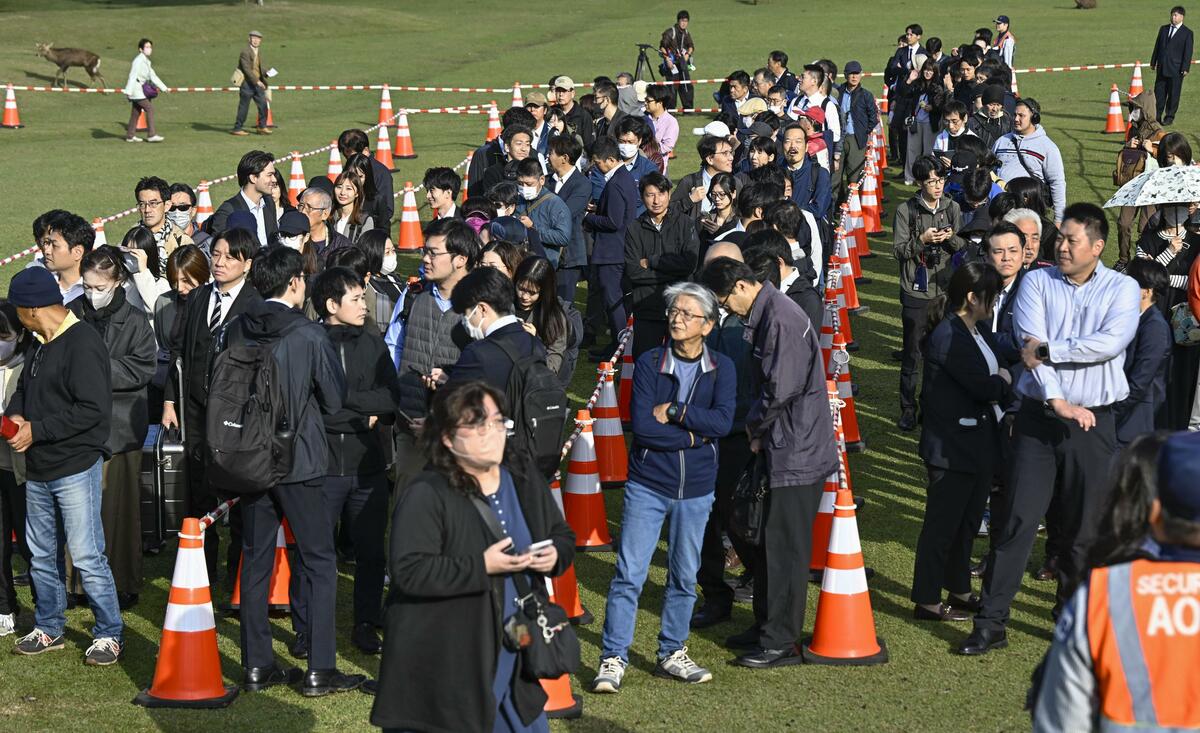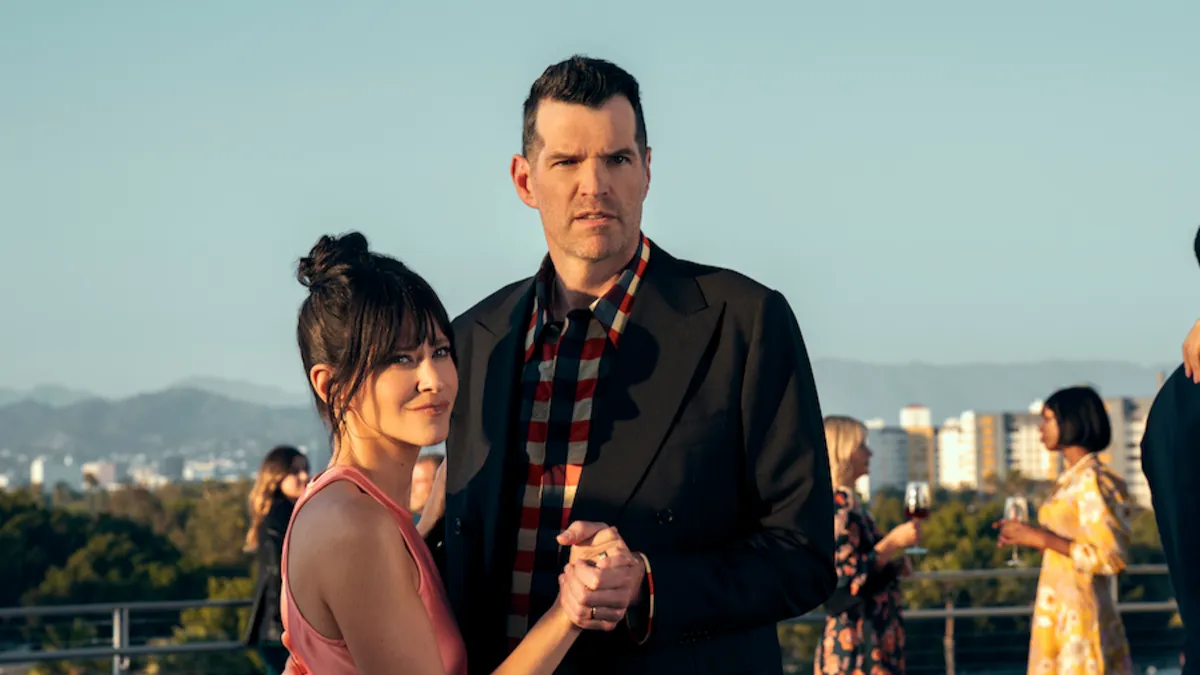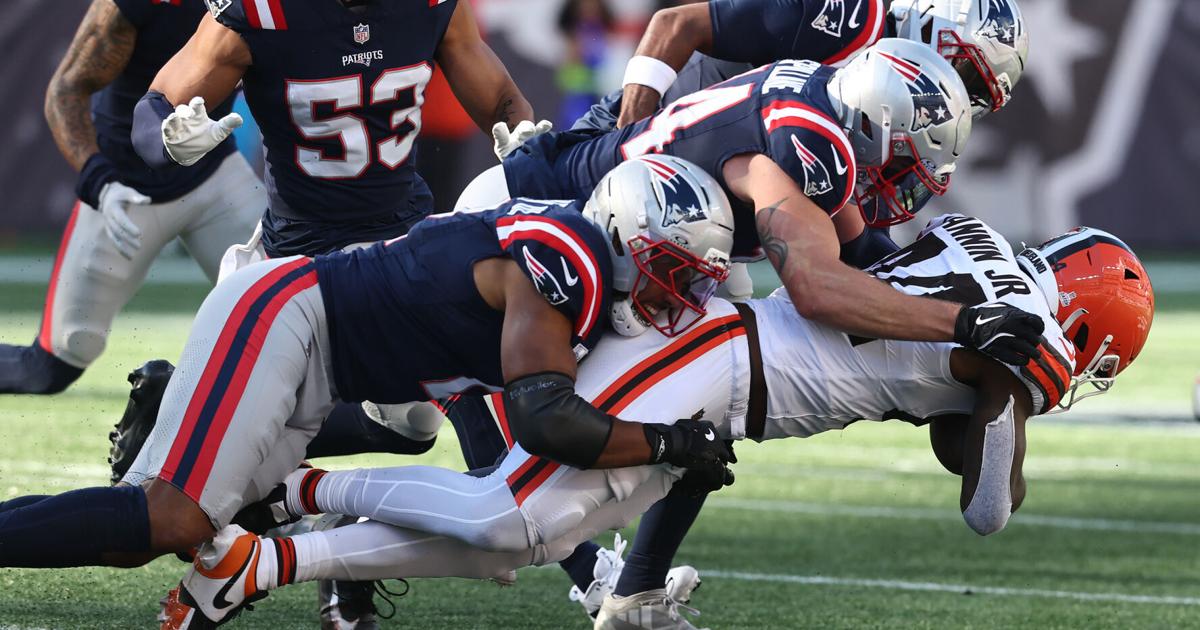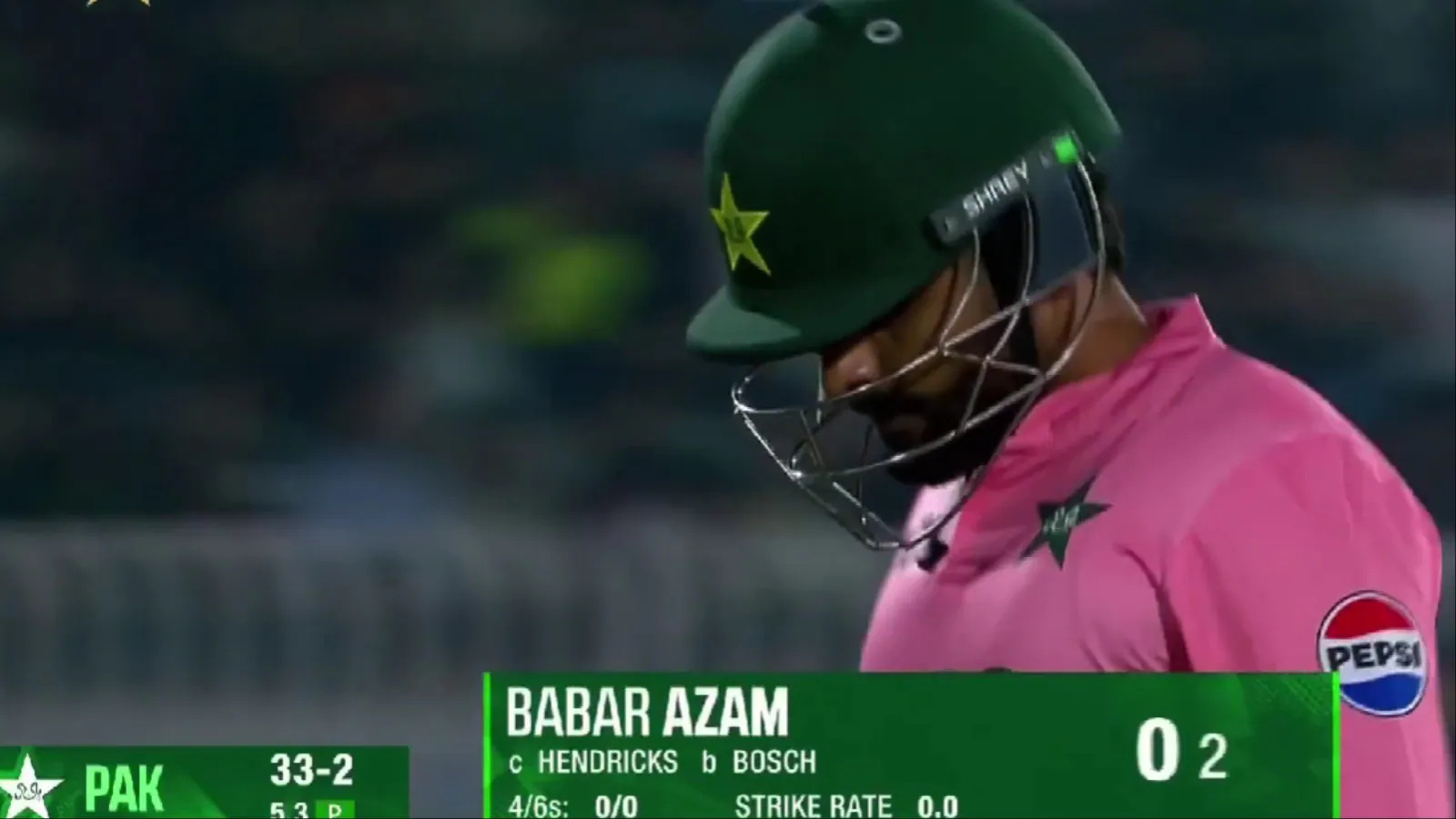Copyright kyodonews

TOKYO - Conspiracy theories suggesting that former Prime Minister Shinzo Abe was killed in 2022 in a political assassination rather than by a lone shooter may face their own moment of truth when the accused killer Tetsuya Yamagami finally stands trial. Three years on from Abe's slaying during a stump speech for a national election, conspiracy theories like those that spread after the 1963 assassination of U.S. President John F. Kennedy have been kept alive by the widespread use of social media and its capacity to disseminate misinformation, experts say. One focal point in Yamagami's trial beginning Tuesday at the Nara District Court is therefore whether his testimony and the evidence presented during the court proceedings can undermine those conspiracy theories, the experts added. One theory holds that a sniper for a foreign intelligence agency shot Abe during his stump speech on July 8, 2022, ahead of a House of Councillors election. Many of those promoting the conspiracy theories were supporters of Abe, the country's longest-serving postwar prime minister who enjoyed solid backing from conservatives for his hawkish views. "It is true. There is no doubt that I did it," Yamagami said in the first hearing of his high-profile trial at the Nara District Court in western Japan. Prosecutors said the 45-year-old defendant's motive for killing Abe was linked to a grudge he held against the Unification Church because of massive donations made to it by his mother that financially ruined his family. The total sum came to 100 million yen ($660,000), according to the defense team. He targeted Abe because doing so would draw "attention and criticism" to the group, according to the prosecution. Abe's grandfather, former Prime Minister Nobusuke Kishi, helped introduce the religious group, formed in South Korea, to Japan in the 1960s. In 2023, Shinichi Yamaguchi, associate professor at the International University of Japan in Tokyo, conducted a survey in which he found about 10 percent of respondents were aware of the theory that a sniper, not Yamagami, had killed Abe. Asking around 13,000 people aged between 15 and 69 about the conspiracy theories surrounding Abe's death, he also found that among the 10.7 percent who said they knew about the sniper theory, 14.3 percent believed it, while 34.3 percent said they were not sure whether it was true or not. Conspiracy theories give adherents a sense of superiority because they believe they know what others do not, making it difficult for them to accept information that undermines their beliefs, according to Yamaguchi. Abe, who served as prime minister between 2006 and 2007 and again between 2012 and 2020, built a personal rapport with U.S. President Donald Trump during the latter's first term, calling each other by their first names. Adherents of conspiracy theories have also emerged among Trump supporters in the United States, and believers in the QAnon conspiracy theory were present in the Jan. 6, 2021, attack on the U.S. Capitol in Washington as Congress was trying to certify the victory of Joe Biden over Trump in the 2020 presidential election. "It may not make much of a difference even if people believe in one theory or another. But it inherently carries the risk of dividing society quickly," Yamaguchi warned. While an investigation after the 1963 killing of Kennedy concluded that former U.S. Marine veteran Lee Harvey Oswald acted alone, conspiracy theories persist, including those alleging involvement of foreign powers such as Cuba. Since Trump returned to power, his administration has declassified troves of documents related to Kennedy's assassination, but U.S. media have reported that they did not offer evidence of any conspiracy. Ahead of the start of Yamagami's trial, a group of journalists and lawyers asked the Nara District Court to make information related to the trial more accessible to the public, noting it was an event that had stunned the nation. They asked the court to allow more people to monitor the trial process, including via a monitor in a separate room, given the limited availability of tickets given to members of the public to enter the courtroom. "Should the court be perceived to be withholding information, it will add impetus to the spread of those conspiracy theories," said Itaru Fukushima, co-head of the group and research fellow at Ryukoku University. "It is the power of facts that is needed to counter that."



